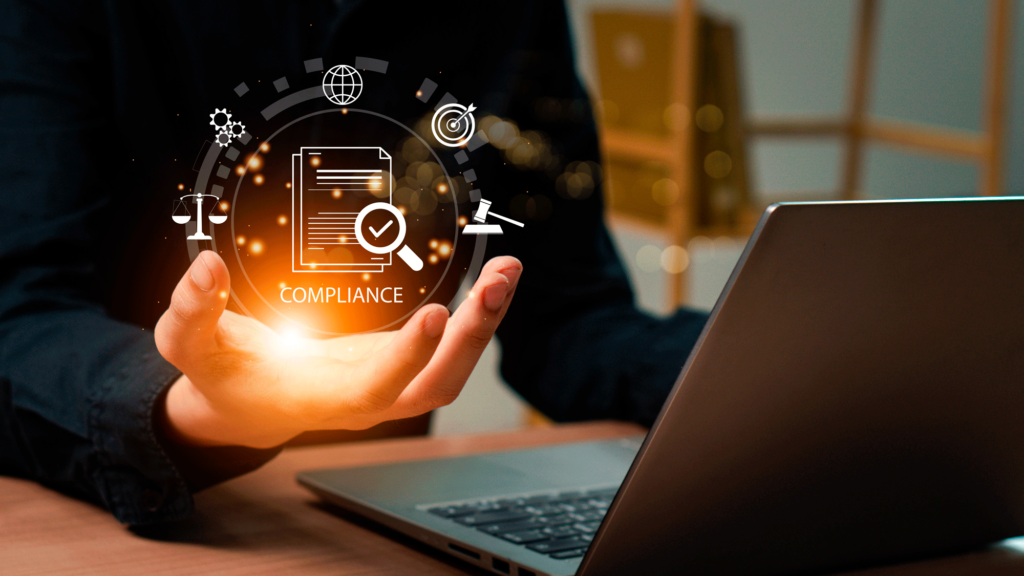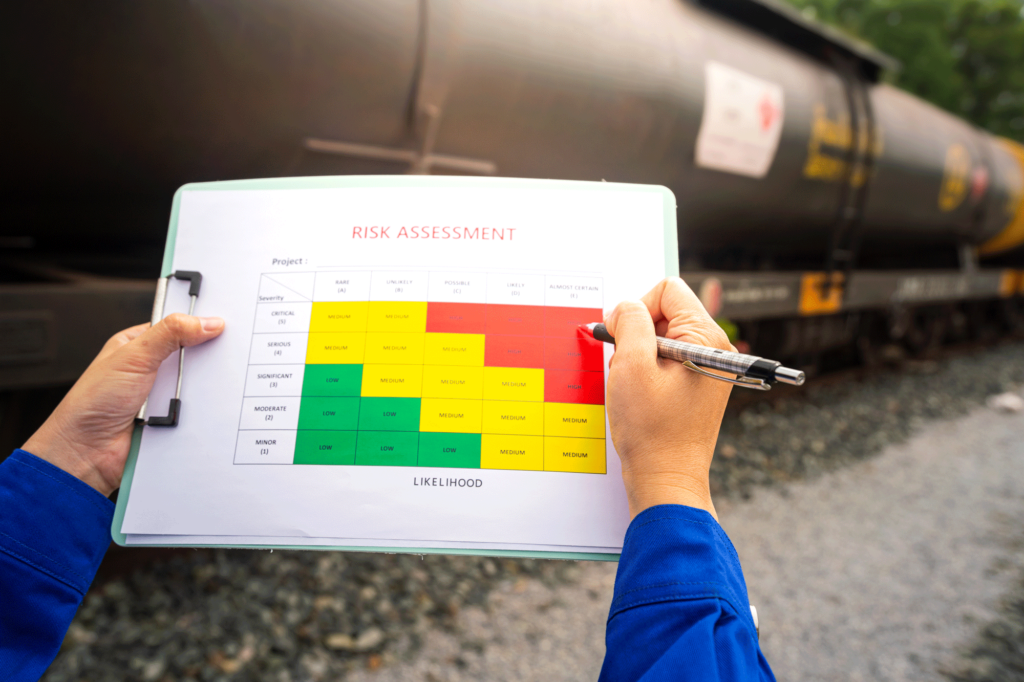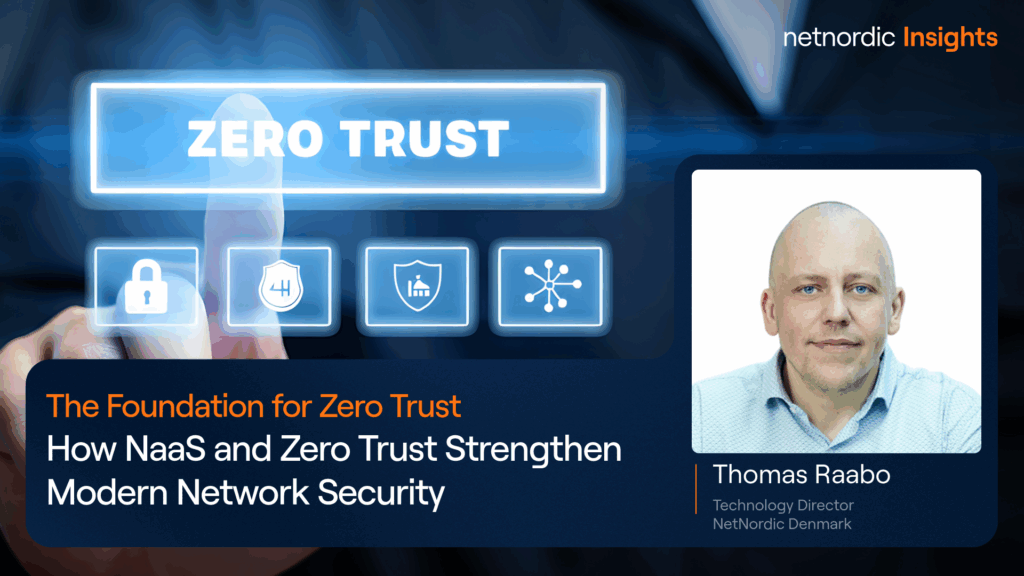Discover the New Era with NIS2: The Future of Cybersecurity!

What is NIS2?
The NIS2 Directive represents a comprehensive revision and expansion of the original Network and Information Systems (NIS) Directive, which was established by the EU to address and improve cybersecurity within critical infrastructures. With the advent of new technologies and increasing cyber threats, the need for stronger and more inclusive legislation has led to the development of NIS2, which now covers a broader range of sectors and businesses.
The NIS2 Directive introduces stricter security requirements and reporting obligations for Operators of Essential Services (OES) and extends these requirements to include more small and medium-sized enterprises (SMEs) if they offer services critical to society’s function or economy. This expansion ensures that sectors such as energy, transport, health, and digital infrastructure, as well as public administrations, are all subject to a uniform and enhanced cybersecurity standard.
Moreover, the directive focuses on strengthening cooperation among EU member states by establishing more robust national frameworks for cybersecurity, including requirements for national cybersecurity strategies and the establishment of dedicated cybersecurity authorities. These authorities play a central role in ensuring relevant information is exchanged between member states and in providing rapid response across borders in the event of serious cybersecurity incidents.
The purpose of the NIS2 Directive is not only to improve security in individual companies but also to create a unified and robust cybersecurity ecosystem in Europe, which is crucial for protecting society’s and the economy’s vital functions against increasingly complex and dangerous cyber threats.

Who is affected by NIS2?
The NIS2 Directive expands its scope and has significant implications for a wide range of actors within both the private and public sectors. It primarily affects essential and digital service providers, including those crucial for society’s key functions such as energy supply, transport, banking, and healthcare. With the revised rules introduced by NIS2, SMEs will also come under this directive, especially if they offer services essential to society’s vital functions or economy.
This includes businesses working within sectors such as financial services, digital infrastructure, water supply, and digital services like cloud computing and online marketplaces. With these new provisions, a broader circle of organizations must now implement advanced cybersecurity measures to meet the stringent requirements of the directive. It is no longer just the large industry players who need to focus on cybersecurity but also smaller businesses that play critical roles in the economy and society.
It requires a comprehensive approach to cybersecurity that goes beyond simple firewall protection and password policies and involves a fully integrated defense capable of withstanding advanced cyber threats and minimizing the risk of data breaches and system failures. This creates a new reality where the costs and complexity of cybersecurity measures will rise, but also an opportunity to increase overall cybersecurity maturity across all sectors.

Why is NIS2 necessary now?
The NIS2 Directive has become a necessity in step with the rapid technological development and increased digitalization, which have made our societies and economies deeply dependent on reliable and secure digital infrastructures. This development has, in parallel, led to an increase in both the volume and sophistication of cyber attacks, threatening to destabilize critical services and steal sensitive data.
The EU has recognized these challenges and responded by updating and strengthening the original NIS directive to align the legislation with the current technological and security landscape. This new directive, NIS2, expands the scope of which businesses are included under the rules and sharpens the requirements for security measures and reporting obligations.
It has become crucial to have a robust foundation for cybersecurity that can handle not only current but also future threats. NIS2 ensures that both large corporations and smaller businesses introduce comprehensive security measures that can protect critical infrastructure and sensitive information against cyber-attacks. These measures include everything from preventive security and risk assessment to incident response and recovery after attacks.
Furthermore, NIS2 emphasizes the need for coordinated efforts across the EU, where member countries share information and collaborate to strengthen their defenses against cyber threats. This creates a more united and resilient digital infrastructure in Europe, which is crucial for ensuring economic stability and public safety in an increasingly connected world.

What does NIS2 mean for businesses?
The NIS2 Directive marks a significant tightening of the EU’s cybersecurity requirements for businesses. It introduces enhanced rules for how businesses should prevent, detect, and respond to cyber-attacks through requirements for thorough risk management, detailed reporting of security incidents, and the implementation of effective security measures. Non-compliance with these requirements can result in severe sanctions, including hefty fines.
For businesses without advanced security solutions like Secure Network Services (SNS), the consequences of not complying with NIS2 can be serious:
Increased Risk of Security Breaches: Businesses without robust security solutions are more vulnerable to cyber attacks, which can lead to data loss, service breakdowns, and other critical security incidents that can undermine both operations and reputation.
Legal and Financial Consequences: NIS2 requires businesses to implement technical and organizational measures to manage risks proportionately. Violation of this can result in significant fines and legal sanctions.
Loss of Customer Trust: A business’s inability to protect data can severely damage its reputation and lead to customers and partners hesitating to collaborate with it.
Market Access Restrictions: Failure to comply with cybersecurity requirements can prevent businesses from operating in or expanding into markets with strict security regulations.
Increased Operational Costs: Businesses that neglect to invest in appropriate security solutions may experience increased costs associated with managing security breaches and complying with subsequent compliance requirements.
What can your business do?
To comply with the NIS2 directive, businesses should conduct a thorough assessment of their current cybersecurity strategies and policies. It is essential to identify any security gaps and implement a comprehensive cybersecurity plan that includes both technological solutions and employee training.
Conduct Security Audits and Risk Assessments:
- Perform regular security audits to assess current security measures and identify potential vulnerabilities.
- Use risk assessments to prioritize security gaps based on their potential impact and the likelihood of occurrence.
Update Cybersecurity Strategies and Policies:
- Update security policies to ensure they reflect the latest cybersecurity threats and compliance requirements.
- Include specific policies for data handling, device security, and access control.
Implement Technological Security Solutions:
- Introduce advanced security technologies such as firewalls, intrusion detection systems (IDS), and encryption technologies to protect against external and internal threats.
- Use automated software to monitor network traffic and early detection of suspicious behavior.
Strengthen Physical Security:
- Ensure that physical data centers and server rooms are protected with access control systems and monitoring.
- Conduct regular audits of physical security measures to ensure they are adequate and functioning correctly.
Educate and Train Employees:
- Implement regular training programs to increase employees’ awareness of cybersecurity and best practices.
- Offer specific training on the latest security threats and how to avoid phishing attacks, social engineering, and other common security risks.
Plan for Incident Response and Recovery:
- Develop and test a comprehensive incident response plan that addresses how to identify, respond to, and recover from security incidents.
- Ensure clear procedures for reporting incidents, both internally and to relevant authorities according to NIS2 requirements.
Monitor and Evaluate Regularly:
- Implement a process for ongoing monitoring and evaluation of the effectiveness of cybersecurity measures.
- Use feedback from these evaluations to improve and adjust security strategies and measures continually.
How can NetNordic help?
NetNordic is your trusted partner in cybersecurity and network solutions, specialized in offering tailored and advanced security strategies that address specific needs and requirements according to the NIS2 directive. With our in-depth expertise and experienced team, NetNordic can assist your business in all phases of security enhancement – from initial security audits and risk assessments to the design and implementation of high-tech security systems and protocols.
Our services include:
Security Audits: A thorough review of your current security measures to identify vulnerabilities and areas that require improvement.
Risk Assessment: Assessing potential risks that could affect your network and data, to develop a robust security strategy.
Implementation of Security Systems: Deployment of state-of-the-art technologies such as firewall solutions, intrusion detection systems (IDS), and advanced threat prevention to secure your network against the latest and most sophisticated cyber threats.
Ongoing Monitoring and Support: Monitoring your network 24/7 to ensure quick identification and response to security incidents, along with regular updates and maintenance of the security systems to guarantee continuous protection.
Our goal is to ensure that your business not only complies with the NIS2 directive but also achieves a strong and lasting security posture that protects against both current and future cyber threats. By partnering with NetNordic, you gain access to tailored solutions designed to meet your specific security needs and business objectives precisely.

Thomas Raabo
Technology Director, NetNordic DenmarkTable of Contents
Content subjects category
Content type
Related content
Contact Us
Feel free to call us directly on our telephone number +47 67 247 365, send us an email salg@netnordic.no, or fill in the form and we will get back to you as soon as possible! Thanks!




